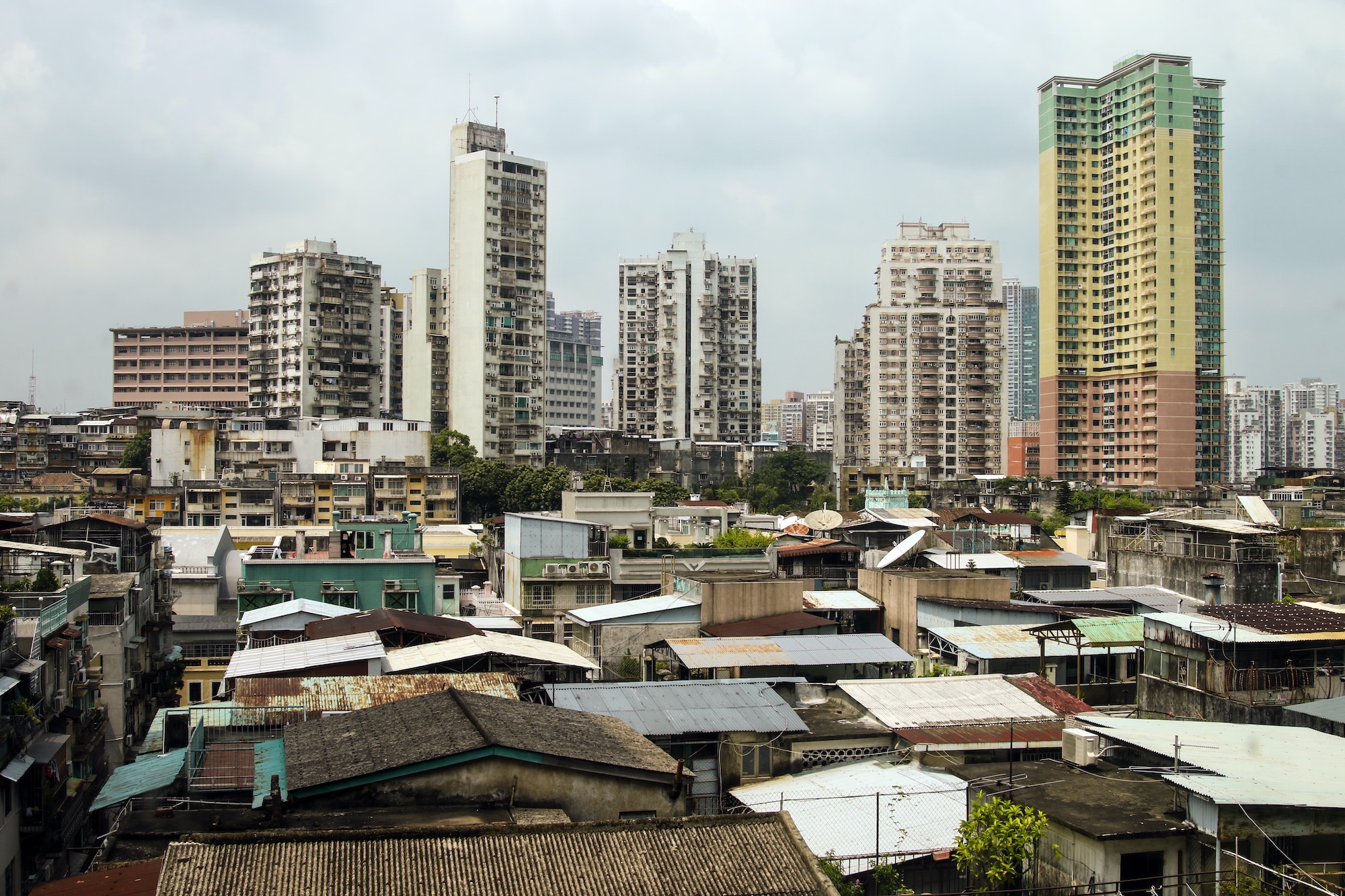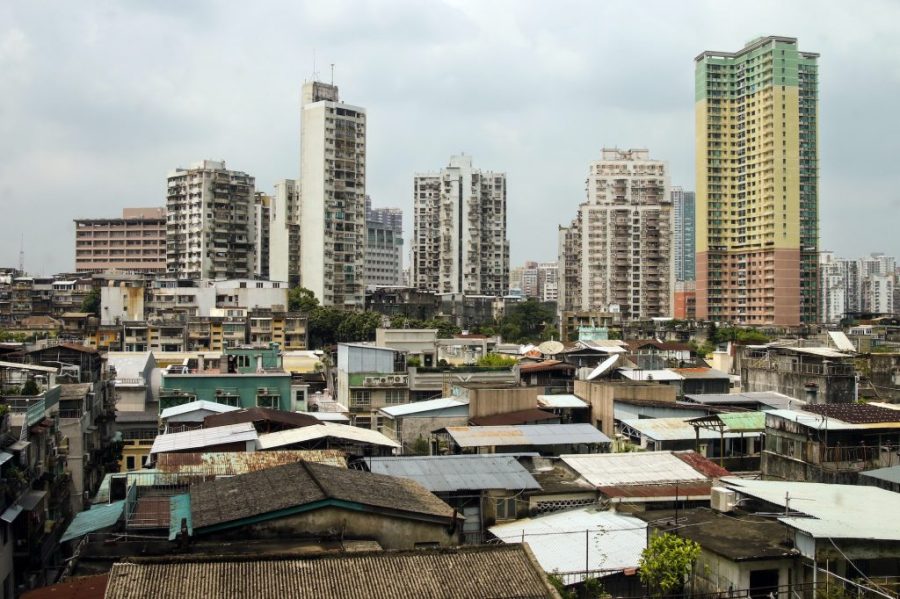Lawmakers have conditionally approved a bill regulating “sandwich-class” housing projects, which proposes that an individual applicant buying a flat must be aged at least 23, while the applicant must be aged at least 18 if applying for a flat with family members.
Sandwich-class housing projects will only cover applicants who are permanent local residents.
Government-built sandwich-class housing projects aim to provide affordable flats for local residents who are not eligible to buy a flat in the subsidised home-ownership scheme (HOS) but cannot afford to buy a flat in the private sector either.
Sandwich-class housing projects, a new type of housing to be developed in the future, also aim to cover those who are eligible to buy an HOS flat but are ranked at a lower priority position on the HOS points-based system, meaning those having a lesser chance to buy an HOS flat compared to other HOS applicants.
Currently, the government’s public housing programme comprises HOS flats and social rental housing units.
The government’s plan to build housing projects for the city’s “sandwich class” was first proposed by Chief Executive Ho Iat Seng in 2020.
While a sandwich-class flat will be cheaper than its counterpart in the private sector, the government plans that it will be more expensive than an HOS flat. Nevertheless, the government has indicated that the “nature” of its sandwich-class housing belongs to private housing, not public housing.
Secretary for Transport and Public Works Raimundo do Rosário introduced the outline of the bill during a plenary session in the legislature’s hemicycle yesterday.
After yesterday’s passage of its outline, the bill will be passed to one of the legislature’s standing committees for article-by-article review, after which it will be resubmitted to another plenary session for its second and final debate and vote.
The age limits for applicants for sandwich-class flats proposed by the bill will be the same as the current age limits for applicants for HOS flats.
According to Rosário, the bill proposes that a points-based system will be adopted for the allocation of sandwich-class housing units, according to which, applicants will be ranked on a waiting list according to scores calculated based on various factors and variables.
Rosário noted that under the system, once all the available flats in an application round have been allocated, the waiting list will be cancelled and unsuccessful applicants will have to reapply the next time an application round is launched.
The points-based system proposed by the bill for the allocation of sandwich-class housing units will be similar to the current points-based system for the allocation of HOS flats.
Like the current system on applications for HOS flats, the bill proposes a minimum income cap and a maximum income cap for sandwich-class housing applicants.
According to Rosário, the bill proposes that the minimum income cap for sandwich-class housing applicants will be 50 per cent lower than the maximum income cap for HOS applicants, while the maximum income cap for sandwich-class housing applicants will be 10 per cent higher than the HOS maximum income cap.
According to the bill, those who had owned a real estate property over the past 10 years prior to submitting an application will not be eligible to apply for a sandwich-class flat, except if the ownership was obtained through inheritance, the policy secretary said.
The bill proposes that owners of sandwich-class housing units can only sell their flats on the private market at least 16 years after they have bought them from the government. In addition, sandwich-class housing units can only be sold to permanent local residents.
Rosário said that as the government’s sandwich-class housing projects “primarily aims” to benefit young people, the bill proposes that the government only launch e-application processes for the allocation of sandwich-class housing units.
The bill also proposes that the price of a sandwich-class housing unit will be set at a discount rate compared to the cost of private housing units in the same neighbourhood, and the discount rate will be determined by the chief executive through an executive order, The Macau Post Daily reported.






